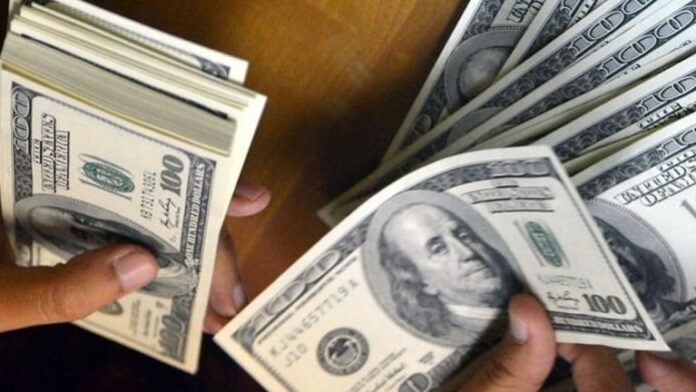Nigeria’s currency, the naira, suffered another sharp drop in the parallel market on Thursday, trading at ₦1,621 to the US dollar—a decline from the ₦1,580/$1 recorded a day earlier.
Market surveillance in Abuja confirmed the depreciation, with currency traders citing a rising demand for dollars and limited availability.
While the Central Bank of Nigeria (CBN) reported an official exchange rate of ₦1,644/$1 on Wednesday, no updated figure was released by the close of trading on Thursday, leaving uncertainty in the foreign exchange (FX) market.
Speaking to Nairametrics, Alhaji Aminu Gwadabe, president of the Association of Bureau De Change Operators of Nigeria (ABCON), described the volatility as a symptom of global economic uncertainty.
“The volatility, fears, happenings, and shocks in both the local and international markets called for disdain,” he said.
He pointed to external economic factors, including former US President Donald Trump’s tariff policies, which have reportedly affected investor confidence.
The Struggle for FX Stability
Despite CBN’s efforts to stabilize the market, Gwadabe stressed the need for more effective intervention strategies.
“The CBN must continue to ensure stability through timely interventions. However, volatility remains a challenge and needs to be comprehensively addressed,” he stated.
Dr. Muda Yusuf, CEO of the Centre for the Promotion of Private Enterprise (CPPE), linked the naira’s struggles to global oil price shifts and speculative trading.
“The market is heavily information-driven, and speculative pressure has spiked following the tariff announcements,” Yusuf explained.
Future Outlook
With traders in Wuse Zone 4 reporting high demand for dollars, especially among small businesses unable to access bank FX channels, analysts caution that continued scarcity could worsen depreciation.
Interestingly, the gap between the official exchange rate (₦1,644/$1) and the parallel market rate (₦1,621/$1) narrowed slightly on Thursday, hinting at potential alignment despite ongoing fluctuations.
Market observers believe unless the CBN enhances liquidity measures and reinstates consistent intervention policies, the naira may remain under downward pressure in the coming weeks.
Like 👍, Comment, share this article, and Follow us on our social media handles.








